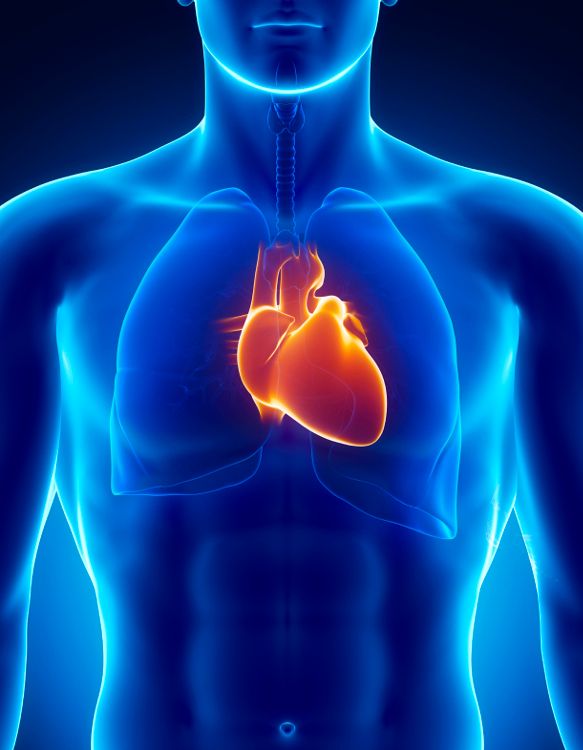Patented pterostilbene shows cardioprotective properties in recent animal study
A recently published animal study found that supplementation with a patented pterostilbene, Silbinol from Sabinsa Corp., had cardioprotective properties in subjects.
Photo © iStockphoto.com/anulla

A recently published animal study1 found that supplementation with a patented pterostilbene (Silbinol from Sabinsa Corp.; East Windsor, NJ) had cardioprotective properties in subjects. In the study, mice were treated with 1.3% carnitine in drinking water with or without pterostilbene. Carinitine, as well as a other nutritional components are converted to Trimethylamine (TMA), then further into Trimethylamine-N-oxide (TMAO). This was demonstrated in the study’s subjects given just water with carnitine. However, TMAO is an independent and dose-dependent risk factor for atherosclerosis and cardiovascular disease. The addition of pterostilbene into the water was able to reverse increases in TMAO.
Additionally, pterostilbene supplementation influenced the gut microbiota, increasing the abundance of Bacteroides. Pterostilbene also decreases hepatic flavin monooxygenase 3 (FMO3) mRNA levels compared to carnitine only group. Both these factors lower the levels of plasma TMAO. Levels of vascular inflammatory markers tumor necrosis factor-α, vascular cell adhesion molecule 1, and E-selectin were also decreased following pterostilbene supplementation.
“While we’ve known that Silbinol’s pterostilbene is a powerful antioxidant, this research has significantly advanced our understanding of its mechanisms of action and benefits for heart health,” said Muhammed Majeed, PhD, Sabinsa’s founder, in a press release.
References:
1. Koh YC et al. “Prevention of vascular inflammation by pterostilbene via trimethylamine-n-oxide reduction and mechanism of microbiota regulation.” Food & Function, vol. 63, no. 20 (2019)